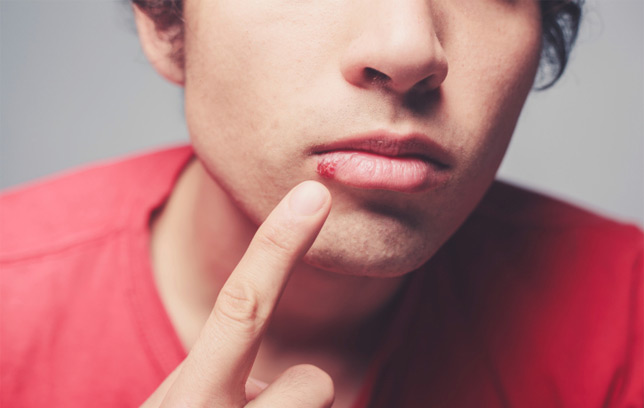Erectile dysfunction (ED) is a hard—er, difficult—condition to track. For one thing, a lot of guys aren’t comfortable owning up to performance problems. And even among men who do talk to a doctor about their issues, ED has many causes and comes in many shapes and sizes.
But one thing is clear: ED rates have gone up during the last two or three decades, especially among younger guys. According to a study from the Journal of Sexual Medicine, one out of every four new ED patients is under 40 years old.
Some of the most reliable ED stats have emerged from a large data collection effort called the Massachusetts Male Aging Study. According to that data, rates of ED among men tend to correlate with their age bracket, says Tobias Köhler, M.D., chief of the Division of Male Infertility at Southern Illinois University. “Roughly 40 percent of men in their 40s suffer from ED, 50 percent in their 50s, etc.,” he says.
There are a lot of explanations for these high ED rates, some of which are psychological. “A lot of men may have an off night, and then that sticks in their head and hurts their performance for a few weeks or months,” Dr. Köhler explains. He says anxiety stokes hormones like the fight-or-flight chemical adrenaline, which is a serious boner killer. (In evolutionary terms, it would be tough to run away from a predator with an erection.)
Getting and staying hard is like trying to fall asleep. The more you think about it, the less likely it is to happen. But those psychogenic factors aren’t to blame for escalating ED rates, Dr. Köhler says. After all, a man’s brain isn’t any different today than it was 100 years ago.
So what explains the apparent rise in ED problems among younger men? Here are the leading candidates:
Your Crappy Diet
People eat more junk today than they did 20 years ago, Dr. Köhler says. From soda and chips to microwavable meals, a poor diet expands your waistline and harms your vascular function—both of which mess with blood flow. And strong, healthy blood flow is the not-so-secret ingredient in a strong erection, Dr. Köhler adds.
One part of the problem: High rates of chemicals—not to mention female sex hormones like estrogen—in heavily processed foods could be hurting your testosterone levels or influencing other factors that lead to a limp noodle, Dr. Köhler says.
Your Meds
Despite some very recent legislative changes, opioids—ultra-strong narcotic painkillers—have never been more popular. According to the newest stats from the Centers for Disease Control and Prevention (CDC), enough opioid prescriptions are written each year to stock the medicine cabinets of every single adult in America (with plenty left over for teens, too). “These types of narcotics suppress testosterone levels,” says Dr. Köhler. That means they also mess with your hard-on. So does smoking, drinking a lot of booze, and any other bad habits that hurt your heart and/or vascular function.
Your Sedentary Lifestyle
According to government physical fitness stats, people have never been so chair-bound. There are a lot of reasons for that, ranging from job market shifts—fewer farming and manufacturing gigs, more desk jobs—to the awesomeness of Netflix and streaming video.
Regardless of the reason, men spend a lot more time on their butts than they ever have before, shows data from the CDC. And all that sitting hurts your heart and your waistline, which saps your vigor below your belt, Dr. Köhler explains. You need a good 30 to 45 minutes of vigorous exercise at least 5 days a week to counteract all your chair time, experts say.

















